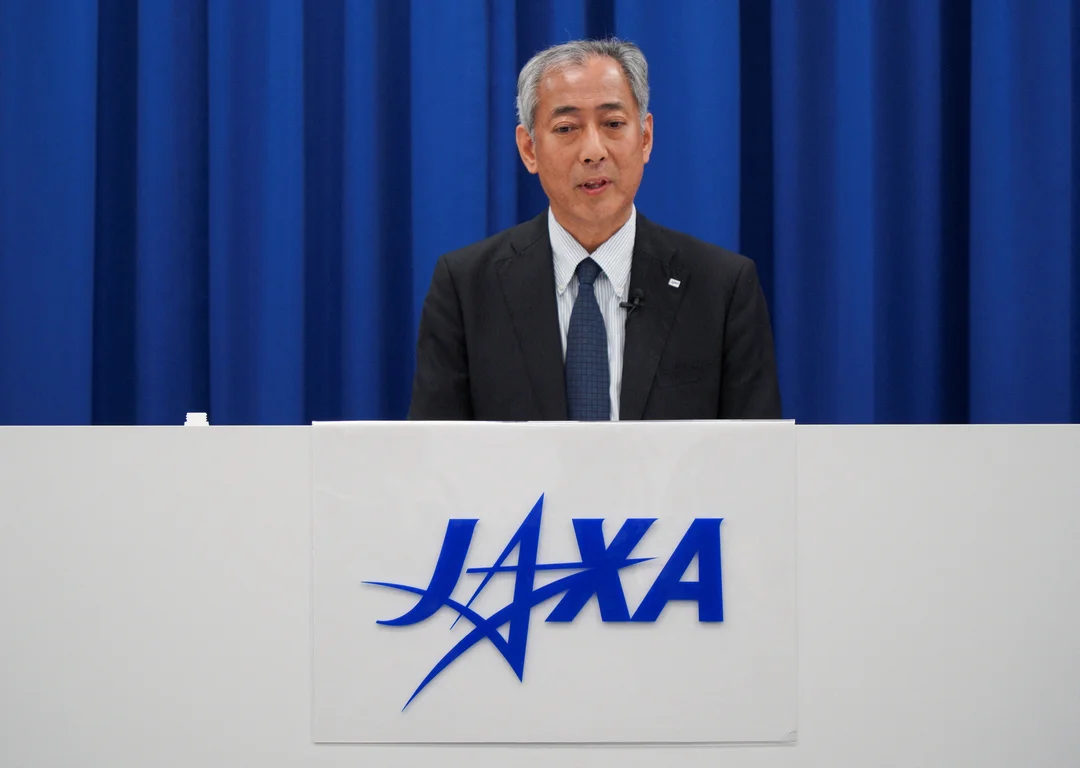
NASA Facing Budget Cuts: Will Lunar Ambitions Survive?
President Trump's proposed budget cuts to NASA are sending ripples through the international space community, particularly impacting collaborative lunar missions like Artemis. What does this mean for the future of space exploration and the U.S.'s position in the growing space race?
Budget Cuts Threaten Artemis Program
The Trump administration's proposal to slash NASA's budget by $6 billion has raised concerns about the future of the Artemis program, a U.S.-led international effort aiming to return astronauts to the moon. The plan includes potential cancellation of the Gateway space station, a key component for lunar missions. This has sparked discussions among international partners, including Japan and the European Space Agency (ESA), about how to proceed.

Japan's Commitment Despite Uncertainty
Despite the uncertainty surrounding the U.S. budget, Japan remains committed to lunar missions. Hiroshi Yamakawa, President of the Japan Aerospace Exploration Agency (JAXA), stated that Japan is ready to support lower-cost lunar missions and can offer resupply capabilities, high-precision landing technology, and lunar data. This demonstrates Japan's willingness to maintain its role in international space collaboration, even if the U.S. shifts its approach.
The 'Seinfeld' Connection: NASA Office Faces Closure
Adding to the upheaval, NASA's Goddard Institute for Space Studies, located above the iconic Tom's Restaurant (famous from "Seinfeld"), is facing eviction due to cost-cutting measures. This move, intended to save taxpayer money, appears unlikely to do so, as the lease remains in effect, and the rent is still due. The disruption is a blow to scientists conducting crucial research on Earth's climate and the atmospheres of other planets. "There is no logic behind this," said Kostas Tsigaridis, a research scientist at the institute and at Columbia.

Space Station Cuts and Shifting Priorities
Further impacting NASA's operations, the proposed budget includes significant cuts to the International Space Station (ISS), with a planned reduction in crew size and onboard research. NASA is already preparing to implement a 50% reduction in science funding for the ISS. According to sources, NASA-funded ISS science will soon be hit with that reduction, potentially impacting operations.
The reduced research capacity will be focused on efforts critical to Moon and Mars exploration, although the specifics remain unclear. This shift in priorities raises questions about the long-term future of the ISS and the role of scientific research conducted there.
Facing an Uncertain Future
These budget cuts come as the U.S. and China are intensifying their rivalry in space, raising the stakes for international collaboration and technological advancements. As Kota Umeda, Research Fellow at the Institute of Geoeconomics in Tokyo, points out, it's hard to imagine the U.S. would discard its advantage of having partners with space capabilities. But, with the budget plans, new questions are posed about the future of NASA.
Will these proposed budget cuts significantly hinder NASA's ability to achieve its ambitious lunar goals? What impact will the cuts have on international collaborations in space exploration? Share your thoughts in the comments below.